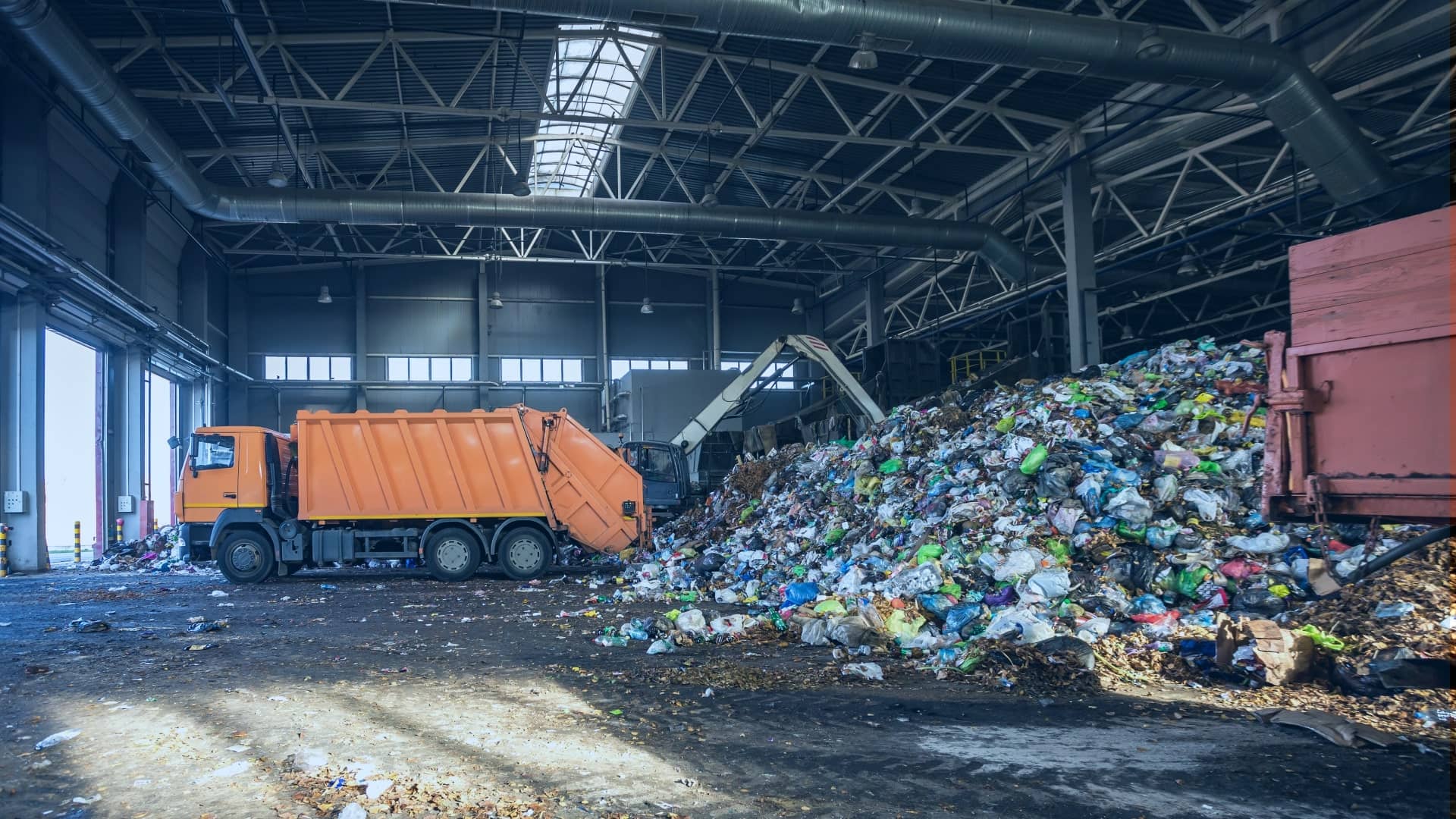The Single Strategy To Use For Reclaim Waste
The Single Strategy To Use For Reclaim Waste
Blog Article
9 Simple Techniques For Reclaim Waste
Table of ContentsThe smart Trick of Reclaim Waste That Nobody is DiscussingReclaim Waste Fundamentals ExplainedReclaim Waste for DummiesAn Unbiased View of Reclaim WasteSome Known Incorrect Statements About Reclaim Waste
Explore the types, events, and types of fluid waste. Residential sewage waste refers to the waste and items from a residential septic tank. This sort of waste is developed by people in residences, schools, and various other buildings. This only includes sewage-disposal tanks that have a drainpipe field. The proper monitoring and disposal of domestic sewage waste call for liquid waste to be moved to a sewage treatment plant where the correct methods and tools are used to detoxify and get rid of waste.
Commercial waste frequently includes potential dangers, such as flammable materials or a blend of fluid and strong waste products, and needs an advanced and comprehensive disposal procedure. The disposal of industrial waste typically involves the purification of waste before transport to make certain safe and correct disposal. Hazardous waste is produced from by-products and drainage of industrial procedures and manufacturing.
This type of waste can not use the exact same sewage administration transport or procedures as septic or industrial liquids. The industrial waste administration procedure requires the examination and screening of liquid waste before it goes through the disposal procedure (liquid waste removal). Overflow waste is the fluid waste that comes from runoff and excess stormwater in highly booming locations or cities
Drainage waste can create contamination and flooding otherwise managed appropriately. Find out more concerning sewer cleansing and waste monitoring. Guaranteeing correct waste monitoring can avoid calamities and reduce ecological harm. Both individuals in residential settings and specialists in business or production markets can profit from understanding the procedures and regulations of fluid waste management.
Unknown Facts About Reclaim Waste
Contact PROS Solutions today to find out about our waste management and disposal solutions and the appropriate means to take care of the fluid waste you generate.
(https://www.provenexpert.com/reclaim-waste/)Do you know what happens to your water when you end, flush the toilet or drain pipes the cleaning equipment? No? Well, it deserves understanding. This supposed 'wastewater' is not just an important resource however, after therapy, will be released to our land, rivers or the ocean. Utilized water from commodes, showers, bathrooms, kitchen area sinks, laundries and industrial procedures is called wastewater.

water made use of to cool machinery or tidy plant and tools). Stormwater, a type of wastewater, is drainage that flows from farming and metropolitan locations such as roof coverings, parks, yards, roads, paths and seamless gutters right into stormwater drains, after rain. Stormwater streams untreated directly to neighborhood creeks or rivers, ultimately getting to the ocean.
The 10-Minute Rule for Reclaim Waste
In Queensland, most wastewater is dealt with at sewer treatment plants. Wastewater is transported from residential or commercial websites through a system of drains and pump terminals, called sewage reticulation, to a sewage treatment plant. City governments develop, maintain and operate most sewage treatment plants. Operators are certified under the Environmental Protection Act 1994 to release treated wastewater at an acceptable ecological requirement into waterways.
The Department of Natural Resources recommends city governments concerning managing, operating and maintaining sewage systems and therapy plants. In unsewered locations, local governments might call for householders to mount private or house sewer treatment systems to deal with residential wastewater from toilets, kitchens, bathrooms and laundries. The Department of Natural Resources authorises making use of house systems when they are shown to be reliable.
The majority of stormwater gets no treatment. In some new class, treatment of some stormwater to eliminate litter, sand and gravel has started utilizing gross contaminant catches. Wastewater treatment takes place in four stages: Eliminates strong issue. Larger solids, such as plastics and other things incorrectly discharged to sewage systems, are gotten rid of when wastewater is passed via screens.
Utilizes little living microorganisms understands as micro-organisms to break down and get rid of remaining dissolved wastes and great bits. Micro-organisms and wastes are incorporated in the sludge.
Our Reclaim Waste Statements
Nutrient removal is not readily available in any way sewer treatment plants since it calls for costly specialized equipment. It is becoming a lot more common in Queensland. Clear fluid effluent generated after treatment might still contain disease-causing micro-organisms. If this effluent is released into waterways such as rivers or the sea, the micro-organisms will eventually die out.

This normally suggests wastewater has to be dealt with or contaminants eliminated prior to it can be released to rivers. Many wastewater streams right into the sewage system. Under the Act, local governments administer approvals and permits for ecologically pertinent activities (Ages) entailing wastewater launches that might have a neighborhood impact. The division provides approvals and licences to Periods including wastewater releases that could have a regional or statewide influence.
How Reclaim Waste can Save You Time, Stress, and Money.
Tracking supplies accurate information Visit Website about water top quality and can verify that permit conditions are being satisfied. The details obtained through surveillance supplies the basis for making water high quality decisions.
Report this page